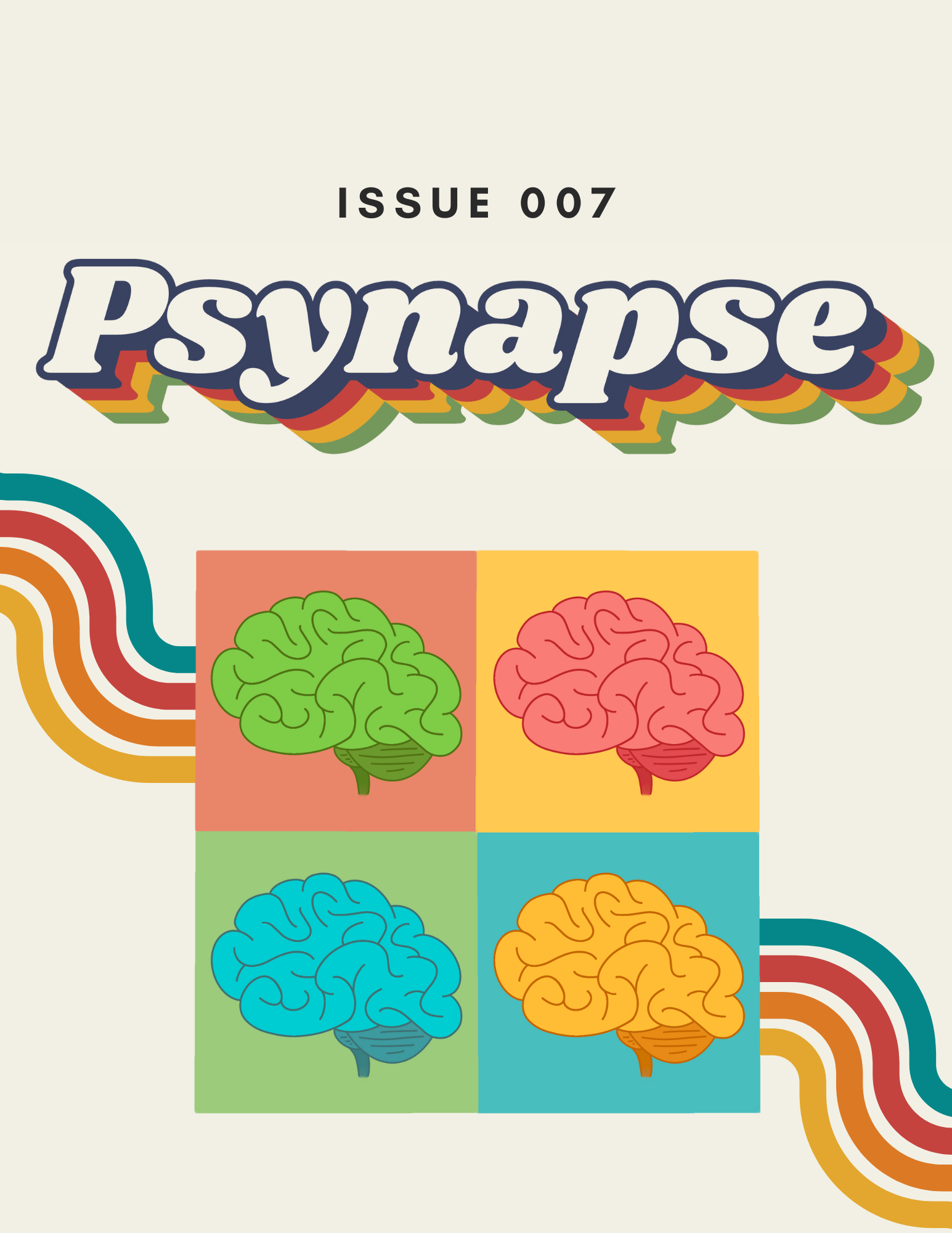The Neurological Basis of Moral Reasoning
Abstract
On a daily basis, we encounter situations we consider wrong: a sick child, political corruption, a cheating partner, fraudulent science. These examples underline many moral issues ranging from care, fairness and betrayal. But are there specific brain regions that are judging these volitions? Brain activity patterns demonstrate that moral judgment is instantiated across multiple brain regions such as the medial prefrontal cortex, temporoparietal junction, and posterior cingulate. Moral judgements related to loyalty, authority and self-righteousness activate brain regions connected to understanding other’s behaviour rather than self-centred processing. When we are faced with a moral dilemma, questions such as who, what, when, and why are all at play. Answering these complicated questions infiltrates deep cognitive processing and takes time. In essence, moral judgement is a rather complex cognitive process and engages many brain regions for moral reasoning.


